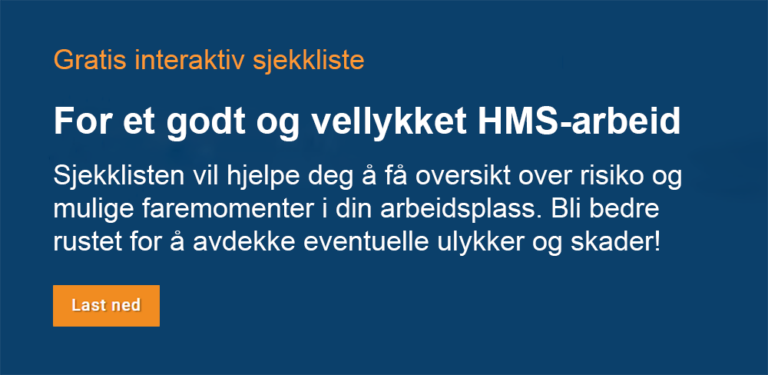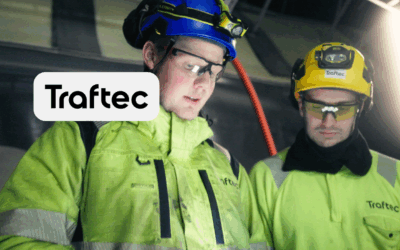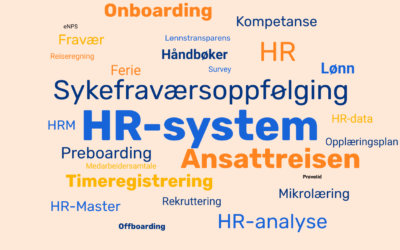Systematic work
In order to ensure that employees' health, safety and environment are taken into account, the employer must ensure that systematic work is carried out at all levels of the business. This is stated in the Working Environment Act §3-1. This work must be done in cooperation with the employees and their representatives. A good working environment is about reducing the risk of hazards and accidents and actively focusing on the positive and health-promoting factors in the working environment.
What is internal control and the internal control regulations?
Internal control is quality assurance and is about the company's own control. Internal control is intended to ensure that companies have systems and procedures that work, and that can identify problems and challenges so that they can be dealt with in time. The Internal Control Regulation describes the requirements for internal control, and is published with guidance and comments. It also addresses how the work should be organized both for businesses in small and low-risk companies, and for businesses with many employees.
Who is responsible for internal control in the company?
It is the employer's responsibility to ensure that the company works systematically with HSE and has a functioning internal control system. The employer is responsible for ensuring that the working environment is fully acceptable, that working conditions are safe and that the company does not pollute the external environment. Employers are also obliged to undergo training in health, safety and environmental work.
Employees have a duty to participate in internal control work. This means that employees must participate in the design, implementation and follow-up of the company's systematic HSE work. Among other things, the employees are obliged to use mandatory protective equipment and contribute to preventing accidents and damage to health, as well as notifying the employer of dangerous conditions, harassment, injury or illness.
Internal control in small businesses
Internal control is a legal requirement for all companies, regardless of size and industry, and forms the core of the company's working environment activities. However, internal control routines do not need to be particularly comprehensive for small businesses with little risk of fire, pollution, occupational accidents and the like, but the actual requirement for systematic work is the same for all businesses.
What happens if you don't follow the requirements?
The Norwegian Labor Inspection Authority can carry out spot checks or a more comprehensive review of the company's entire HSE system. In addition, customers and suppliers will often make demands on companies' systems, and that internal control work can be documented. If your HSE routines are inadequate, this can lead to problems with regulatory settlements and result in liability for damages to the injured party. In the worst case, the company may be subject to a corporate penalty, and in some cases the person or persons responsible may also be subject to criminal liability.




